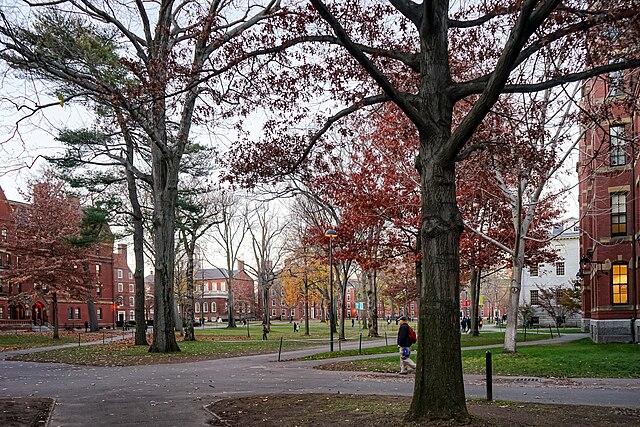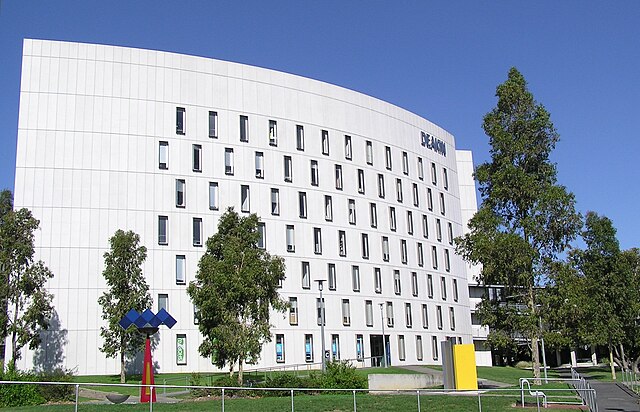An academic degree is a qualification awarded to a student upon successful completion of a course of study in higher education, usually at a college or university. These institutions often offer degrees at various levels, usually divided into undergraduate and postgraduate degrees. The most common undergraduate degree is the bachelor's degree, although some educational systems offer lower-level undergraduate degrees such as associate and foundation degrees. Common postgraduate degrees include engineer's degrees, master's degrees and doctorates.
Meeting of doctors at the University of Paris (16th-century miniature)
Official Spanish University Education Legal Framework 02
Official Spanish University Education Legal Framework 01
Higher education is tertiary education leading to the award of an academic degree. Higher education, which makes up a component of post-secondary, third-level, or tertiary education, is an optional final stage of formal learning that occurs after completion of secondary education. It represents levels 5, 6, 7, and 8 of the 2011 version of the International Standard Classification of Education structure. Tertiary education at a nondegree level is sometimes referred to as further education or continuing education as distinct from higher education.
Harvard University, founded in Cambridge, Massachusetts in 1636, is the oldest higher education institution in the United States and routinely ranked as one of the best universities in the world.
A post-secondary graduate receives a diploma during a graduation ceremony at Germanna Community College in Virginia.
Deakin University, one of Australia's 43 universities
Established in 1224 by Frederick II, Holy Roman Emperor, University of Naples Federico II in Italy is the world's oldest state-funded university in continuous operation.







